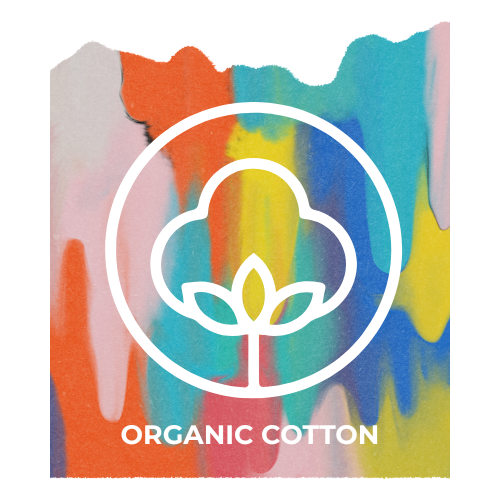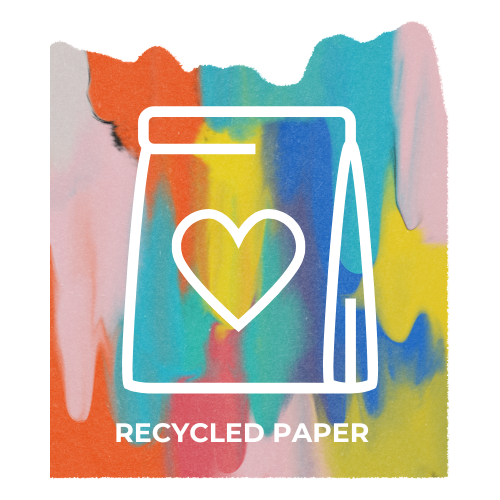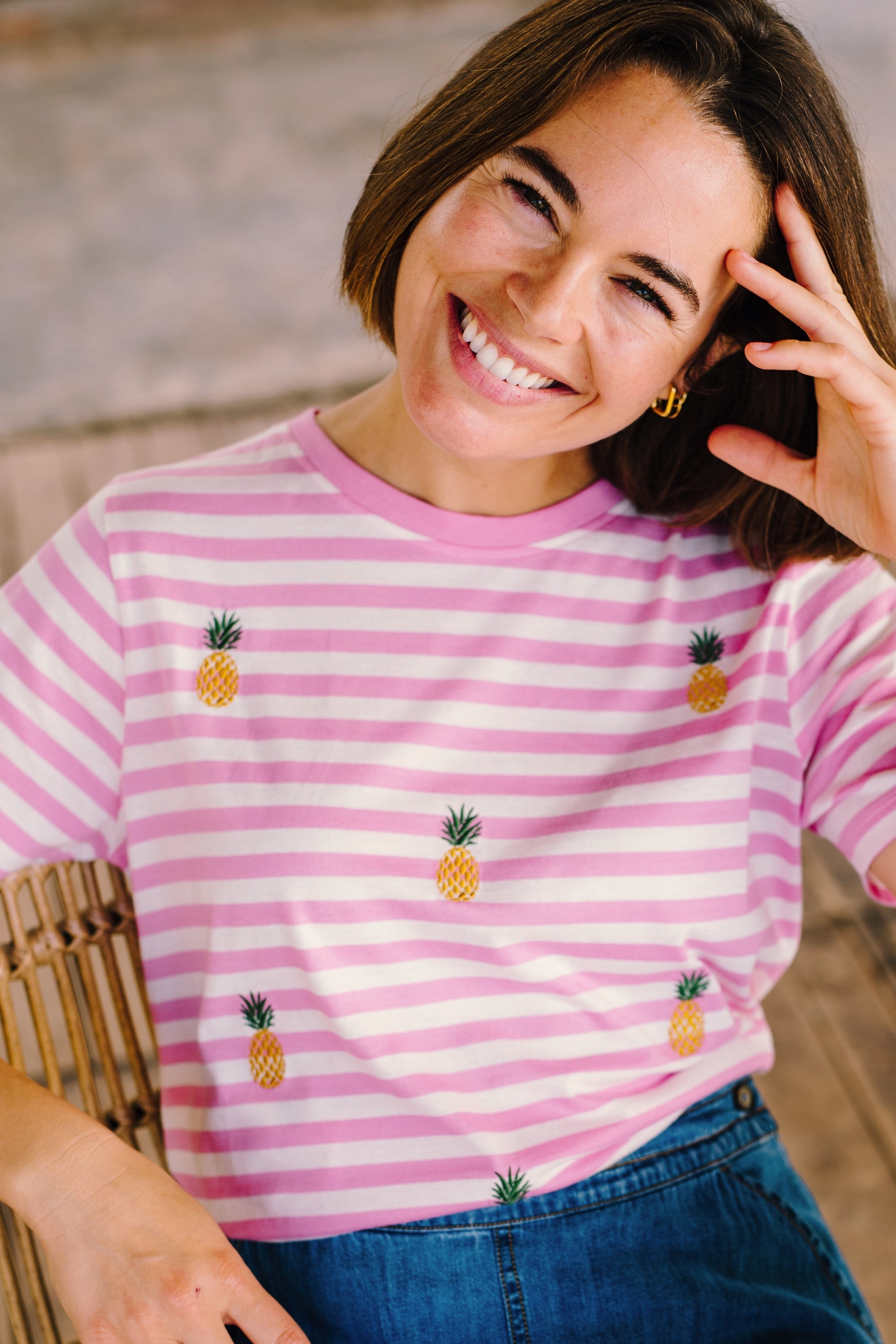
SUstainability... we're working on it.
Responsible Fashion
Fashion is not sustainable, responsibly created fashion is the next best thing.

Small Limited Run Collections

Organic Cotton & Cotton Jersey

Responsible Fabrics

Plastic Free Postal Packaging

About Organic Cotton
Organic cotton is grown without the use of fertilizers, pesticides or any other toxic chemicals. The eco-conscious methods used in organic farming, support a sustainable environment, helping to maintain soil fertility resulting in 100% natural cotton, with no hidden nasties. It's hypoallergenic, so won't irritate skin.
It uses less water and energy. Most organic cotton is grown on small-scale farms, which tend to be rain-fed rather than irrigated. This makes the soil better at holding water and more resilient to drought. And also reduces pressure on local water sources.
It's healthier for the ecosystem. Organic cotton uses all-natural seeds from organically grown crops. There's no pesticides and other harmful chemicals, which means cleaner air and water, soil biodiversity, and healthier workers.
It promotes safe work and better livelihoods. For farmers and their families, organic cotton farming has a lot of positive impacts. They're not exposed to toxic chemicals.
And healthier soil means they're able to grow other crops for food and income.
LENZING™ ECOVERO™ Viscose
LENZING™ ECOVERO™ fibers are obtained from certified, renewable wood sources in an ecologically responsible production process in compliance with high environmental standards. Thus, LENZING™ ECOVERO™ fibers contribute to a sustainable lifestyle and a clean environment.
LENZING™ ECOVERO™ branded viscose fibers give you confidence your fashion choices are environmentally responsible and have a low environmental impact.
LENZING™ ECOVERO™ Viscose fibers are derived from sustainable wood and pulp, coming from certified and controlled sources. LENZING™ ECOVERO™ fibers have been certified with the EU Ecolabel for textile products (license no. AT/016/001) as meeting high environmental standards throughout their life cycle: from raw material extraction to production, distribution and disposal. LENZINGIM ECOVERO™ fibers can be robustly identified in the final product, assuring you that your purchase contains genuine LENZING™ ECOVERO™ Viscose fibers.
Lenzing's wood sourcing policies for Viscose production are audited annually for their contribution to forest conservation, transparency, and commitment to sustainability.




